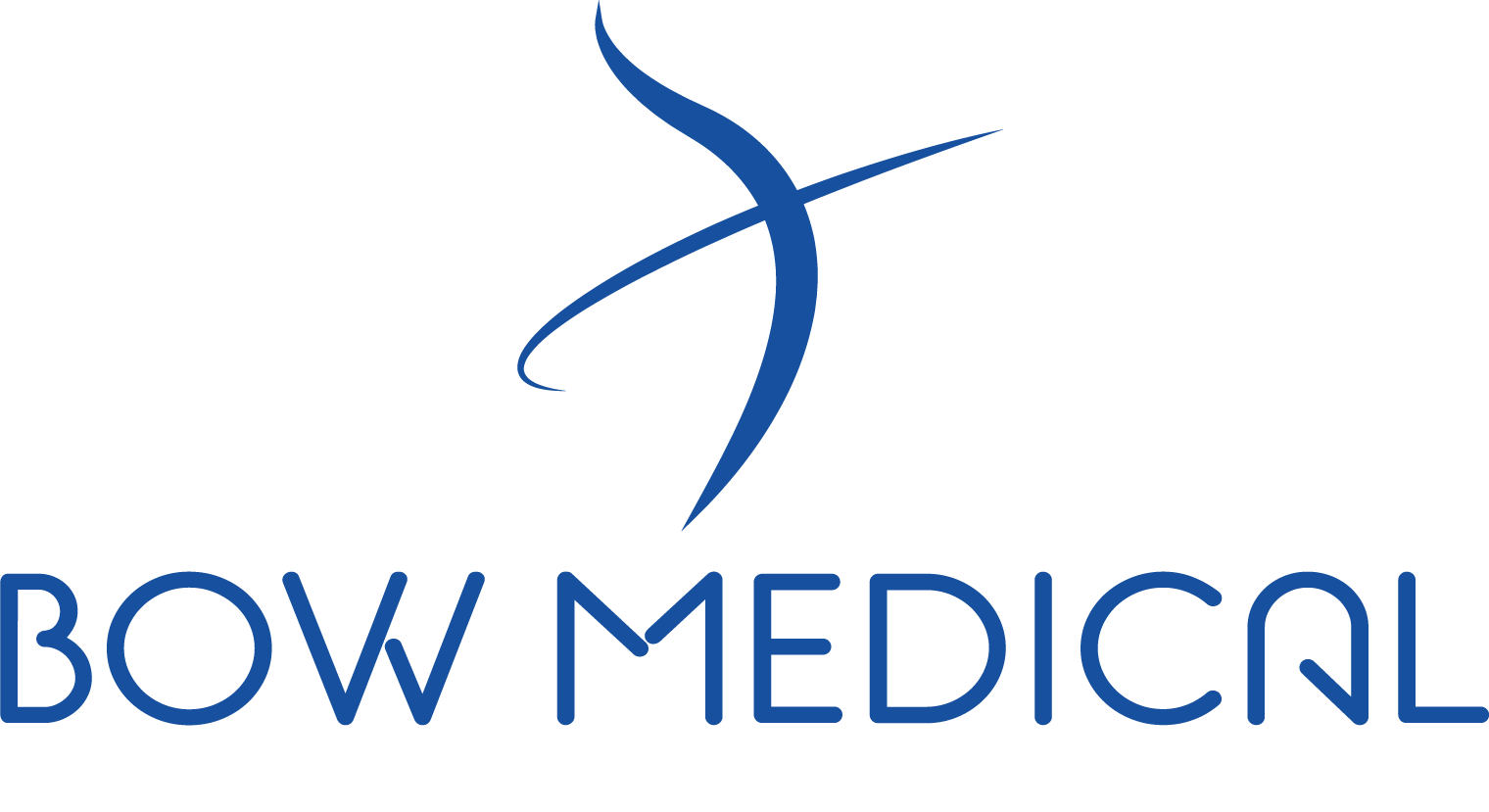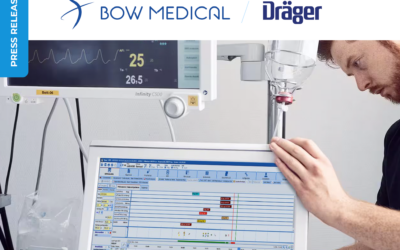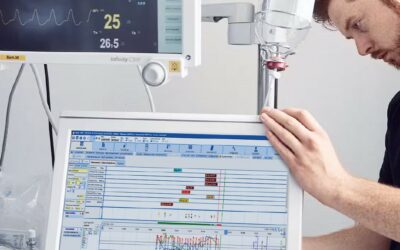Anaesthetic consultations play a fundamental role in surgical preparation, acting as an essential step to ensure patient safety during care. Healthcare teams, particularly anaesthetists, are pivotal in this stage, making the optimization of these consultations crucial.
In this article, we will explore some practical tips to enhance the quality of anaesthetic consultations, ensuring hospital care is provided under optimal conditions.
Transparent Communication with the Patient
Establishing open and transparent communication with the patient is key to a successful anaesthetic consultation, allowing for the transmission of information regarding the benefits/risks associated with their stay. Healthcare professionals should take the time to clearly explain the anaesthetic process, and potential risks, and address all patient questions.
Effective communication helps alleviate patient concerns and gathers crucial information about medical history and specific concerns.
Comprehensive Information Gathering
Thorough information collection is essential for a detailed anaesthetic consultation. The medical team should strive to gather accurate details about the patient’s medical history, personal treatments, allergies, and other relevant factors.
This ensures a comprehensive risk assessment and contributes to tailoring the anaesthetic plan to the patient’s specific needs.
Thorough Risk Assessment
A thorough risk assessment is essential for safe anaesthetic management. Healthcare professionals must be attentive to patient-specific risk factors, such as heart problems, known allergies, or other medical histories.
This assessment allows proactive anticipation of potential complications and better preparation to address them.
Preoperative Considerations
Integrating preoperative considerations is a key element for successful surgical intervention. Healthcare professionals should consider the type of surgical procedure, the anticipated duration of the operation, and other specific factors to adjust the anaesthetic plan accordingly.
This personalized approach contributes to more effective anaesthetic management during the surgical procedure.
Continuing Education for Healthcare Professionals
Continuing education is a fundamental pillar for optimizing anaesthetic consultations. Healthcare professionals must stay informed about the latest developments in anaesthesia, safety protocols, and best practices. Participation in training and educational programs helps maintain a high level of competence, resulting in quality anaesthetic consultations.
Optimizing anaesthetic consultations is a multifaceted process that requires a holistic approach. By focusing on transparent communication, thorough information gathering, risk assessment, preoperative considerations, and continuing education, healthcare professionals can significantly contribute to better surgical preparation.
A well-conducted anaesthetic consultation is the first step towards a safe return home.
About Bow Medical
Bow Medical is a leading European company specializing in software for critical care.
For over 20 years, Bow Medical has been designing the Diane software platform to improve and secure critical care in anaesthesia and intensive care.
The provision of software solutions for critical care management is a specific segment of the patient record that requires strong industry expertise.
Its digitization brings added value focused on performance, reliability, security, and time optimization.
More than 450 hospitals and clinics use our software daily, with 5 million anaesthesia consultations per year performed in Diane Poa (approximately 70% of computerized consultations in France).
Over 3,000 operating rooms are equipped with Diane Aims, and more than 1,200 intensive care beds facilitate patient care through Diane Icu.





